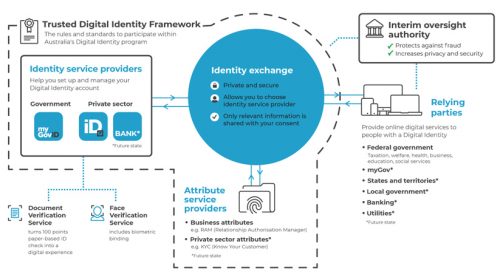Grits For Breakfast contributor Nancy Bunin gives some insight into why P.K. Reiter just ruled the sex offender Civil Commitment program unconstitutional.
When the law was amended this summer the outpatient program was changed to inpatient program. In July, employees from TCCO made presentations to the men living in halfway houses in Austin, Dallas, El Paso, Fort Worth, and Houston. They were given a copy of the new statute and told they could either sign an agreement to voluntarily be placed in the new inpatient program or they would have a “Due Process” hearing in Montgomery County District Court.
The law requires State Counsel for Offenders, a division of the Board of the Texas Department of Criminal Justice, to represent indigent persons in civil commitment proceedings. On its own, SCFO decided that “civil commitment proceedings” is defined solely as the civil commitment trial, biennial reviews and petitions for release. The decision was made at SCFO that they WOULD NOT represent these men in the “Due Process” hearings. As the majority of civilly committed men are indigent and were not helped by SCFO, they had no legal representation during the “Due Process” hearings or to determine whether to sign the agreement.
I observed several hearings of unrepresented men. All requested an attorney, a request that was ignored by the assigned judge. In one case, the assistant attorney general argued the man did not need an attorney because he went to the law library on a regular basis.
There is a lot more that she says, however it would be great to get some input on the other side of these accounts from Bunin, if there is a brave soul out there willing to do so.








